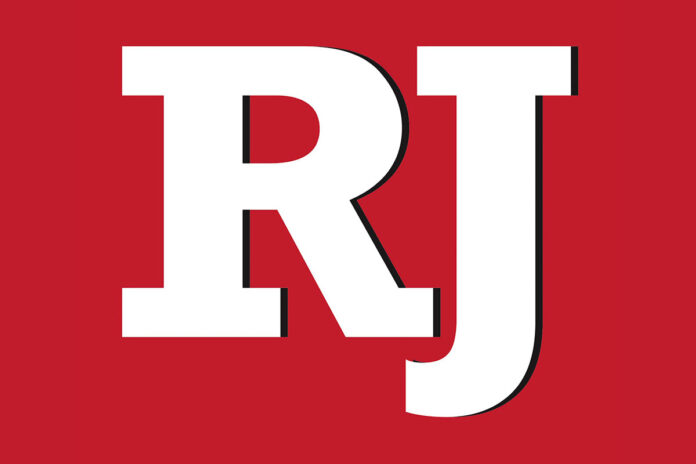Rising Concerns: More Las Vegas Homeowners Falling Behind on Payments
A fresh report from the University of Nevada, Las Vegas (UNLV) sheds light on a growing crisis in the Las Vegas housing market, where an increasing number of homeowners are falling behind on mortgage payments. This trend, reflected by a significant rise in notice of default filings, raises important questions about the economic stability of the region.
The Current State of Default Filings
In the first half of this year, Clark County saw an alarming increase in notices of default. This legal document is typically the first step in the foreclosure process, indicating that a homeowner has failed to meet their mortgage obligations. The uptick in such filings points to a larger trend of financial distress among residents, with many feeling the pinch from rising costs of living and stagnant wages.
Factors Contributing to Financial Strain
Several factors contribute to this worrying situation. First and foremost is the ongoing inflation that has affected the cost of everyday goods and services. Homeowners who may have been managing their finances well are now finding that their budgets are stretched thin. Price hikes on essentials, including groceries, utilities, and healthcare, have left many in a precarious financial position, making it difficult to keep up with mortgage payments.
Additionally, Las Vegas’s housing market has seen fluctuations, with real estate prices soaring to new heights. Many potential buyers have been forced into the rental market or out of the area entirely, which in turn affects demand and supply dynamics. Those who have purchased homes in recent years at inflated prices are facing a tough environment, as they contend with higher interest rates and the fear of negative equity.
The Psychological Impact
The emotional toll of financial insecurity is significant. Homeownership is often seen as a cornerstone of the American dream, and for many, falling behind on mortgage payments can result in feelings of anxiety, shame, and despair. The threat of foreclosure looms large not just financially, but psychologically, as families grapple with what losing their home would mean for their futures.
Support networks can be crucial during such times, yet many homeowners are unaware of the resources available to help them navigate this crisis. Organizations offering financial counseling and legal assistance can provide much-needed support.
Local and Government Response
Local government officials and community organizations are beginning to address this challenge proactively. There are calls for enhanced support systems, including financial education and access to resources for distressed homeowners. Potential solutions include expanded rental assistance programs and homeowner grants designed to lessen the burden of missed payments.
Moreover, some advocates suggest that the state look into creating more robust foreclosure prevention programs. These programs could provide temporary assistance to those experiencing hardships due to job loss, medical emergencies, or other unforeseen circumstances.
Broader Economic Implications
The implications of increasing mortgage defaults extend beyond individual homeowners. A surge in foreclosures could have ripple effects throughout the local economy, impacting property values and neighborhood stability. If homes sit vacant or are sold at significantly reduced prices, it can lead to broader declines in nearby property values, creating a cycle that is difficult to break.
Additionally, banks and lending institutions may tighten their lending criteria in response to rising defaults, further exacerbating the housing crisis by limiting access to credit for prospective buyers. This could stall the recovery of the housing market in Las Vegas, making it harder for future buyers to enter the market.
Conclusion
As more Las Vegas homeowners face financial challenges, the focus should be on understanding the root causes of this rising trend. By addressing the multifaceted issues of economic instability, rising living costs, and the importance of community resources, the region may find ways to not only assist struggling homeowners but also foster a more resilient economy moving forward. The current landscape is a poignant reminder of the delicate balance between dream ownership and financial reality.
